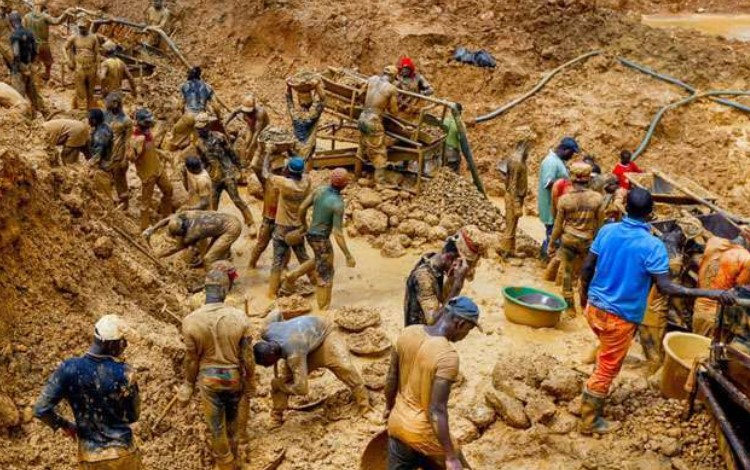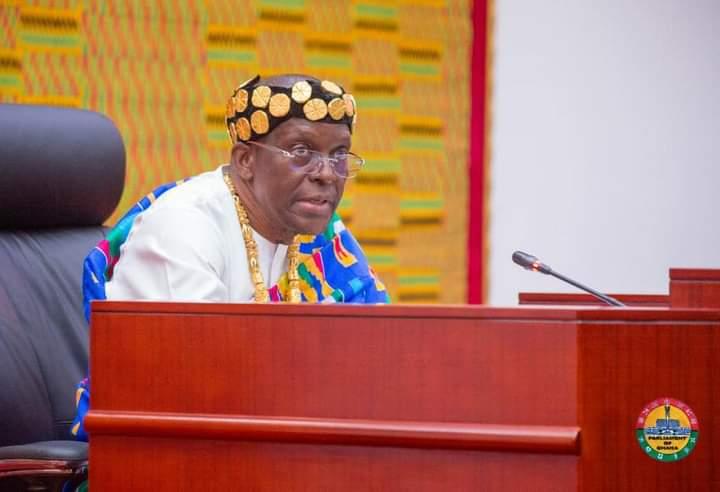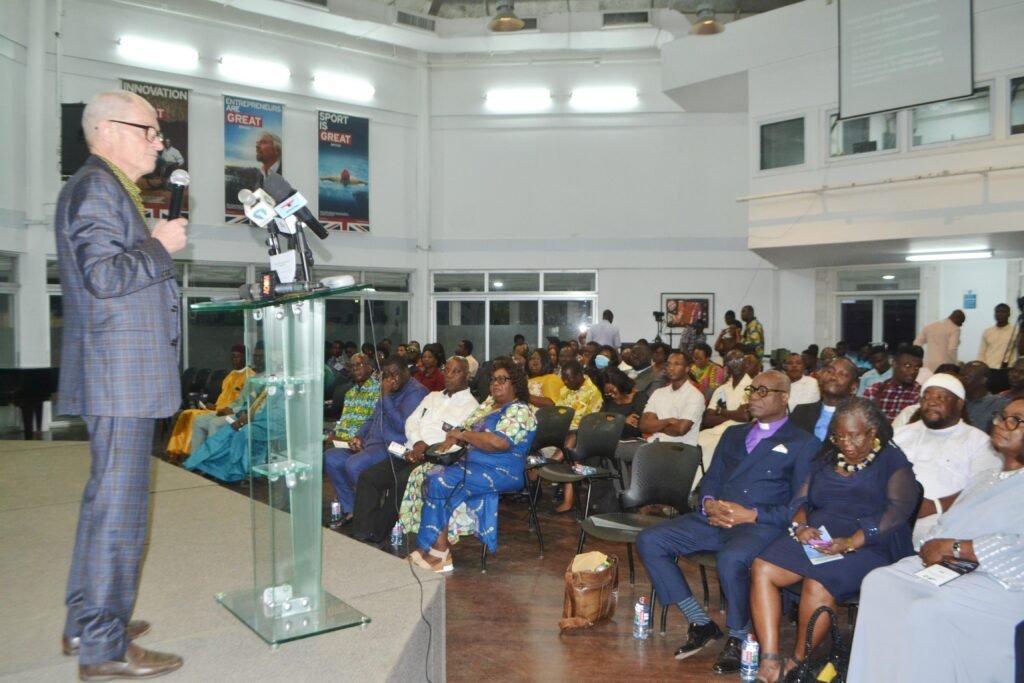

First Deputy Speaker of Parliament, Joseph Osei Owusu, has reiterated his controversial stance on illegal mining, particularly targeting those engaged in mining on water bodies.
Speaking in an interview with Asaase Pa FM, he stated that such individuals should face lethal consequences, emphasising that they should be “shot and killed” to deter further environmental destruction caused by illegal mining activities.
He stressed that galamseyers are murderers, and thus deserve to be shot.
“I have not changed my mind. When you see people who are not supposed to be mining, shoot them dead. Some of them, whenever the bus parks, dive into the water, so I came to the conclusion that it is difficult to arrest such individuals. The best thing to do is to shoot them dead. Everyone that is mining on the water bodies is a murderer,” he said.
Frank B. Adu Jr. a retired banker and member of Ghana Anti-galamsey Coalition expressed the same view as Osei Owusu while speaking Newsfile on JoyNews TV on Saturday, October 12. According to him, the people involved in the illegal mining know fully well that their activities will eventually kill the rest of the nation, but simply don't care, so they deserve to be killed first.
Illegal mining, commonly referred to as galamsey, poses serious environmental and public health risks in Ghana. It has resulted in massive deforestation and soil degradation, threatening farming and biodiversity. Rivers and water bodies, crucial for drinking water and agriculture, have been contaminated with dangerous substances like mercury and cyanide, posing major health hazards such as brain impairment and renal problems. Rivers such as the Pra, Ankobra, Birim, Tano, and Offin have been heavily polluted, largely due to the use of these hazardous chemicals in mining activities.

This pollution has disturbed aquatic ecosystems while also rendering the water unfit for human consumption and agricultural use. Communities reliant on these rivers are facing water shortages, forcing the Ghana Water Company Limited to increase its investment in water treatment. The deterioration of these water sources jeopardises human health and livelihoods, making it a vital national concern.
Furthermore, galamsey activities undermine the terrain, increasing the risk of flooding and landslides that damage lives and property. The economic consequences are significant, with the government losing revenue and bearing the costly burden of environmental restoration, while local populations lose their livelihoods as a result of agricultural land degradation.
Read Full Story














Facebook
Twitter
Pinterest
Instagram
Google+
YouTube
LinkedIn
RSS